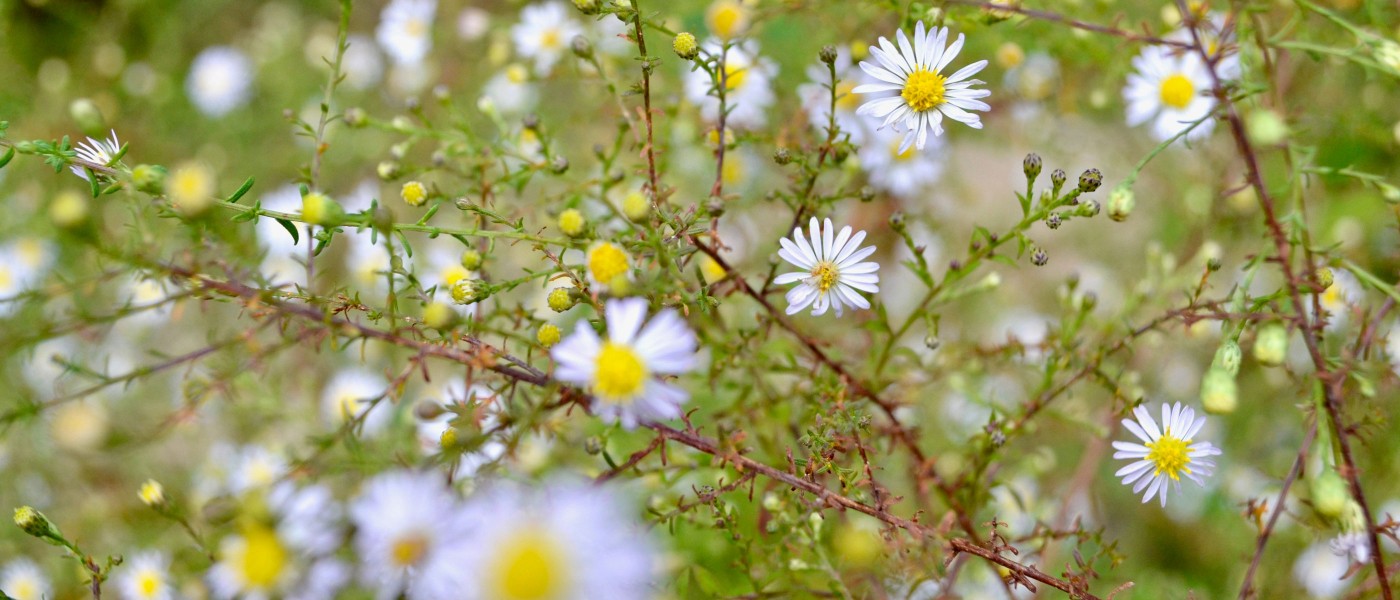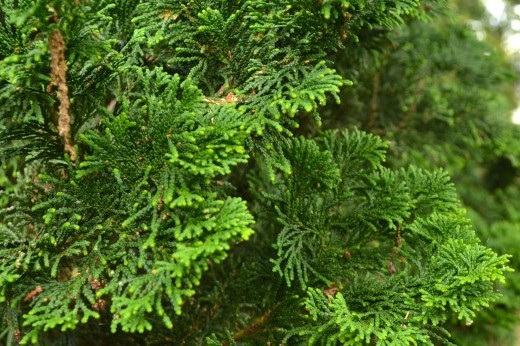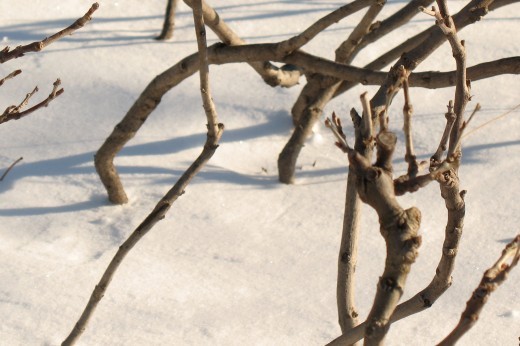Topics
Special Series
-
Dwarf Conifers in Containers: Designing a Miniature Landscape
Dwarf conifers are perfect for building texture in—and giving permanent shape to—confined garden spaces such as patios or terraces. Though small, the plants can also help block wind and screen undesirable views.
By Joan McDonald -
Enterprising Euphorbia—Spring-Flowering Spurges for All Your Garden Needs
The genus Euphorbia is one of the largest and most astonishingly varied of all the plant genera. It contains over 2,000 species, ranging in form and habit from diminutive groundcovers to enormous 70-foot-tall trees. Picture a leafy holiday poinsettia (Euphorbia pulcherrima) beside another very common houseplant, the prickly, succulent crown-of-thorns (Euphorbia milii), and you get an idea of the diversity.
By Barbara Blossom Ashmun -
Mad About Moss—The Simple Art of Moss Gardening
Hand-pulling blades of grass 'twixt thumb and forefinger, along with the occasional Ajuga plant, could be considered tedious work, but compared with the frantic pace my usual chores demand, it was an exercise in meditation. After removing every strand of grass, wild strawberry, and hawkweed shoot from the first square yard of ground, I was perversely gratified to see that the lawn was predominately moss and that my job would be time-consuming but not Sisyphean. I became obsessed with weeding my plot and started looking for opportunities away from housework and garden hoeing to sit and pick awhile.
By Joni Blackburn -
Rain Garden Plants
The following are some native plants suitable for rain gardens, listed by region. They are also attractive to butterflies, birds, and other wildlife. Be sure to choose species appropriate for the degree of sun or shade on the site.
By Janet Marinelli -
Rain Gardens: Using Spectacular Wetland Plantings to Reduce Runoff
Learn how to create a beautiful garden that will capture rain and reduce and reduce run-off.
By Janet Marinelli -
Splendid Salvias—14 Tender Perennials for Summer and Fall Bloom
Salvias are wonderful companions in the mixed border, providing the truest blue and brightest red flowers of any group of plants. The red ones, particularly those with long tubular flowers, are ideal lures and major nectar sources for hummingbirds as well as many species of butterflies. Many of the tender salvias begin to bloom in July and August in Zone 5, while others wait until September and early October to provide a burst of exquisite color that lasts until the curtain comes down with the first hard frost.
By Bob Hyland -
The Why and When of Pruning
Many gardeners never think about training or cutting back plants until the neighbor is bleeding from a head-to-limb encounter with the crabapple (Malus) someone planted too close to a path or it's impossible to get past the eastern white pine (Pinus strobus) and through the front door.
By Karen Davis Cutler -
The Espalier Method: What You Need to Know
The French word espalier refers both to a plant grown in a pattern on a flat plane and to the vertical support, such as a wire, trellis, wall, or fence, that it grows against.
By Karen Davis Cutler -
Ravishing Rudbeckia—Coneflowers That Light up the Fall Garden
Blooming from late summer through frost, coneflowers bring saturated warm color and height—they grow anywhere from three to ten feet tall—to beds and borders. Coneflowers are easy to cultivate and good for cutting, and they mingle well with other plants as long as their flower colors are compatible.
By Barbara Blossom Ashmun -
Cape Fuchsias—Perennials With Punch
Native to South Africa, cape fuchsias (Phygelius species) will add verve to your borders with vibrant, warm-toned flowers that bloom for months in summer and fall.
By Barbara Blossom Ashmun





